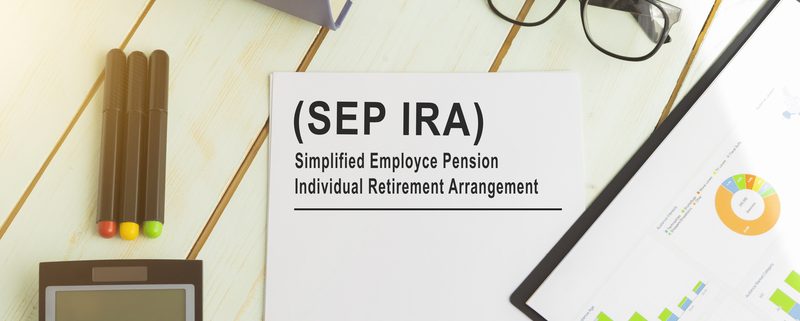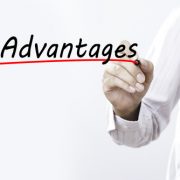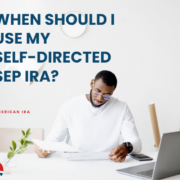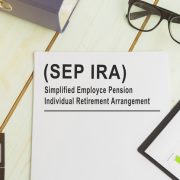Is a Self-Directed SEP IRA a Good Option for Investors?
A SEP IRA stands for a Simplified Employee Pension IRA. Simplified. That’s the key word. For many people, reading up on accounts like these is anything but simple. How do you know whether a Self-Directed SEP IRA is a better option for you than a Solo 401(k)? Which one is for which kind of investor? And how does Self-Direction fit into any of it?
Let’s clarify those questions by looking at the SEP IRA itself: who it’s for, who it benefits, and how it might be part of a retirement plan that gives you greater independence and freedom. Here’s what you’ll need to know.
Defining the Self-Directed SEP IRA
Let’s start by defining the Self-Directed SEP IRA. This SEP plan is a way for employers to create an employee retirement program—even if you’re the only employee, and you’re self-employed. It’s a low-cost plan with low-start up costs and registration fees. And since it has high contribution limits, it makes for a very powerful way for investors to put money into retirement.
Let’s take a look at the eligibility rules of a SEP IRA so you can better understand whether this might be the plan for you. For more information, make sure that you consult our page on Self- Directed SEP IRAs. For employees of your plan, here are the eligibility rules:
- If you’ve reached the age of 21, you’ve hit the minimum age limit for establishing a Self-Directed SEP IRA. After that, there’s a lot of flexibility with how old you can be.
- Have you been working with this business for 3 of the last 5 years?
- Have you received at least $600 in compensation from the business with which the SEP IRA is attached?
You can find more eligibility requirements by visiting our section on Self-Directed SEP IRAs.
Investing with a Self-Directed SEP IRA as an Entrepreneur
Let’s say you’re in charge of the business. Or maybe you’re the only one in the business. This is where a Self-Directed SEP IRA can shine. But it helps if you know what the benefits are. Here’s what you’ll need to know.
- You have to contribute the same to your employees as you do to yourself. This is a key point. However, if you’re the only one in your business, it means that you’ll have plenty of flexibility in terms of “employer” contributions. And with a Self-Directed SEP IRA, you can change how much you give every year, not having to worry about matching the previous year’s totals. So, there’s flexibility there, especially if you’re the only one who’s technically in your business.
- You can make contributions until you file your tax return each year. That includes extensions. So, if you want to make contributions up until the tax return, you’re able to do so. That makes it easy to report what you’ve done and keep things nice and organized. It also helps you with tax deductions on the tax return, since the contributions to an SEP IRA are “before-tax” contributions from your income.
With a Self-Directed SEP IRA, you’ll also find it easy to invest in nontraditional retirement assets. However, if the process sounds complicated, you may find it beneficial to reach out to a Self-Directed IRA administration firm. By reaching out, you’ll be able to have them help you with establishing the account. They can also help you when it comes to the details of the account, and education as to how to use it. They won’t advise you on specific investments—that’s your job to choose—but they’ll help administrate what would otherwise feel complicated.
Interested in learning more about Self-Directed IRAs? Contact American IRA, LLC at 866-7500-IRA (472) for a free consultation. Download our free guides or visit us online at www.AmericanIRA.com.










